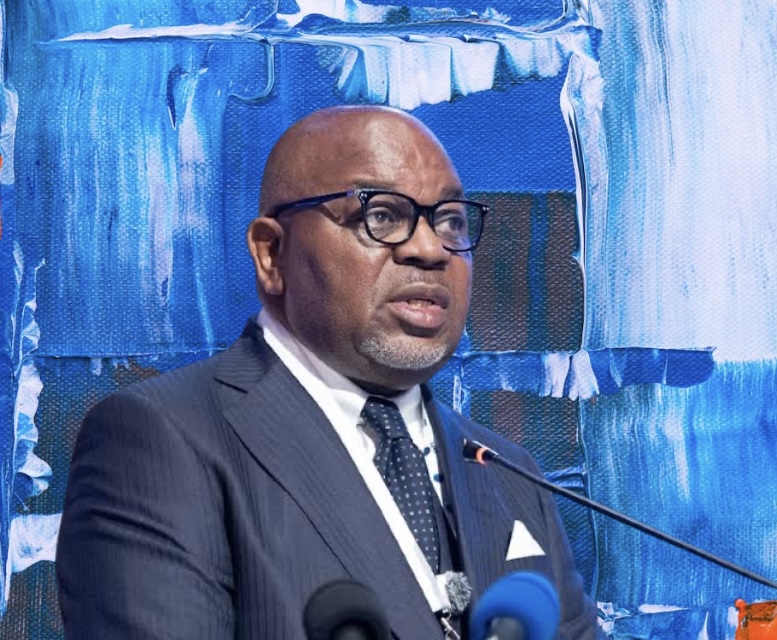KEY POINTS
- Congo will pass a new gas code this month to create a legal framework for exploration, production, and investment.
- The government is banking on Eni’s Congo LNG project to quadruple gas output and help double overall hydrocarbon production by 2030.
- TotalEnergies, Wing Wah, and Trident Energy remain active, with a new licensing round expected before year-end.
The Republic of Congo is preparing to enact a new gas code this month in a bid to cement its transition from an oil-dependent economy to one anchored in natural gas.
Officials say the long-awaited legislation will provide a comprehensive framework for exploration, production, and commercialization—steps they believe are critical to attracting new investors and unlocking the country’s underutilized reserves.
Hydrocarbons Minister Bruno Jean-Richard Itoua has been one of the most vocal advocates of the shift, underscoring that Congo’s future cannot rely solely on oil revenues. “Gas valorization is central to our strategy,” he said recently, arguing that the code will give clarity and stability to investors while steering the country toward a more diversified energy mix.
LNG Expansion Seen as Catalyst for Growth
Gas output in Congo is still modest, anchored largely by Eni’s offshore Marine XII concession. But that landscape is changing. Eni’s Congo LNG project—touted as one of the country’s most significant energy developments in decades—is expected to quadruple gas output by year-end to about 3 million metric tons annually.
Authorities are counting on that momentum to lift overall hydrocarbon production. The government has set a target of doubling output to 500,000 barrels of oil equivalent per day by the end of the decade, banking on gas exports to deliver both fiscal revenue and industrial growth.
International energy firms are already playing a role in the transition. In addition to Eni, French major TotalEnergies, Chinese-owned Wing Wah, and independent operator Trident Energy remain active in the upstream sector. Congo is also preparing a new licensing round before the close of the year, signaling its intent to keep the investment pipeline active despite global competition for capital.
For Brazzaville, the coming months will test whether the new gas code—and the promise of LNG-led growth—will be enough to reposition the small Central African nation as a credible player in the global gas market.



